“History is a narration of the events which have happened among mankind, including an account of the rise and fall of nations, as well as of other great changes which have affected the political and social condition of the human race.” -John Jacob Anderson
March 18
March 18, 1974 – The five-month-old Arab oil embargo against the U.S. was lifted. The embargo was in retaliation for American support of Israel during the Yom Kipper War of 1973 in which Egypt and Syria suffered a crushing defeat. In the U.S., the resulting embargo had caused long lines at gas stations as prices soared 300 percent amid shortages and a government ban on Sunday gas sales.
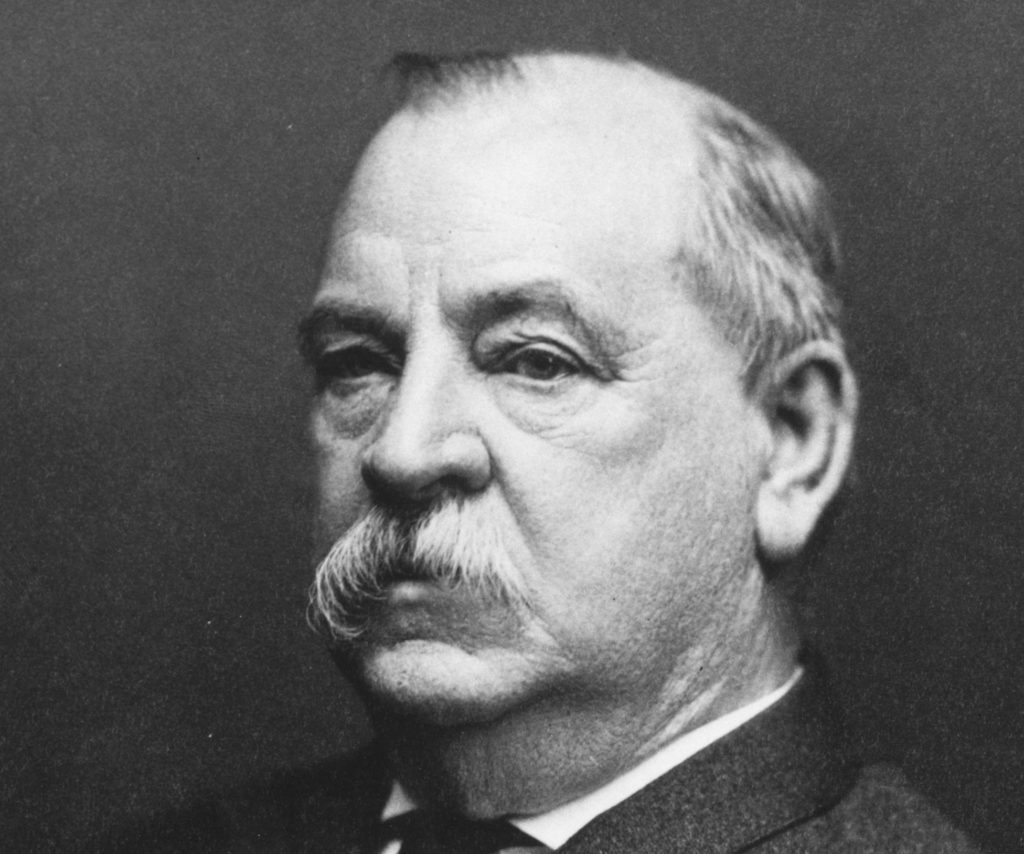
Birthday – Grover Cleveland (1837-1908) the 22nd and 24th U.S. president was born in Caldwell, New Jersey. He was the only president to serve two nonconsecutive terms and was also the only president to be married in the White House.
March 19
March 19, 2003 – The United States launched an attack against Iraq to topple dictator Saddam Hussein from power. The attack commenced with aerial strikes against military sites, followed the next day by an invasion of southern Iraq by U.S. and British ground troops. The troops made rapid progress northward and conquered the country’s capital, Baghdad, just 21 days later, ending the rule of Saddam.
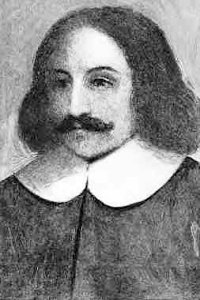
Birthday – William Bradford (1589-1657) was born in Yorkshire, England. He sailed aboard the Mayflower during its 66-day voyage from Plymouth, England to Massachusetts in 1620. The small ship carried over 100 passengers and a crew of 30. It was originally bound for Virginia but landed far north on Cape Cod. The Mayflower Compact was then drawn up as a form of government. Bradford became the first governor of the new Plymouth Colony, serving a total of 30 years, and was largely responsible for its success.
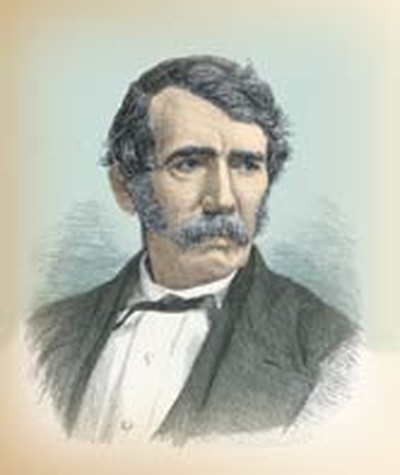
Birthday – Explorer and medical missionary David Livingstone (1813-1873) was born in Blantyre, Scotland. He arrived at Cape Town, Africa, in 1841 and began extensive missionary explorations, often traveling into areas that had never seen a white man. In his later years, he sought the source of the Nile River. He also became the subject of the famous search by news correspondent Henry Stanley who located him in 1871 near Lake Tanganyika in Africa after a difficult search and simply asked, “Dr. Livingstone, I presume?”
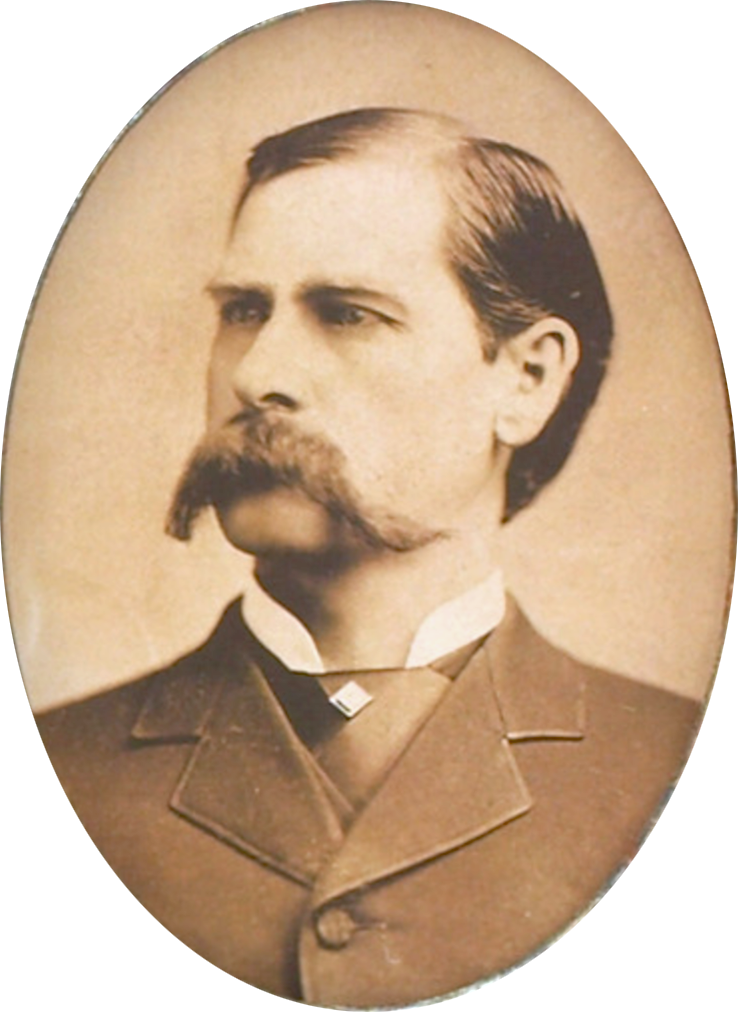
Birthday – Wyatt Earp (1848-1929) was born in Monmouth, Illinois. He became a legendary figure in the Wild West as a lawman and gunfighter, best known for the shootout at the O.K. Corral in 1881, in which the Earp brothers (Wyatt, Virgil and Morgan) fought and defeated the Ike Clanton gang.
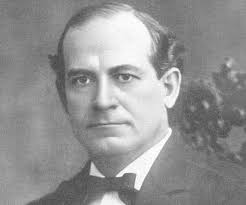
Birthday – American politician William Jennings Bryan (1860-1925) was born in Salem, Illinois. He was defeated three times as a candidate for the presidency. He advocated a “free silver” monetary standard through unlimited coinage of silver rather than the gold standard. During a speech at the 1896 Democratic convention, he electrified the delegates, stating, “You shall not press down upon the brow of labor this crown of thorns. You shall not crucify mankind upon a cross of gold!” In 1925, he was the successful prosecutor in the Scopes ‘monkey’ trial in which a teacher was convicted of violating Tennessee’s Anti-Evolution Bill forbidding the teaching of the theory of evolution. However, he died just 5 days after the verdict.
March 20
March 20, 1995 – A nerve gas attack occurred on the Tokyo subway system during rush hour resulting in 12 persons killed and 5,000 injured. Japanese authorities later arrest the leader and members of a Japanese religious cult suspected in the attack.
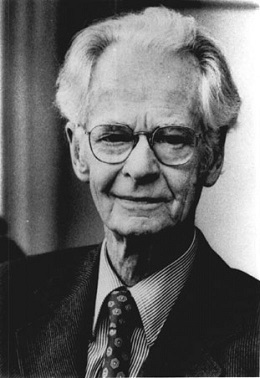
Birthday – American psychologist B.F. Skinner (1904-1990) was born in Susquehanna, Pennsylvania. He pioneered theories of behaviorism and developed the Skinner box, a controlled environment for studying behavior.
March 21
March 21, 1918 – During World War I, the Second Battle of the Somme began as German General Erich von Ludendorff launched an all-out drive to win the war. The battle began with a five-hour artillery barrage followed by a rush of German troops. The offensive lasted until April 6th and resulted in the Germans gaining about 35 miles of territory. Allied and German casualty figures for both battles approached 500,000.
March 21, 1943 – A suicide/assassination plot by German Army officers against Hitler failed as the conspirators were unable to locate a short fuse for the bomb which was to be carried in the coat pocket of General von Gersdorff to ceremonies Hitler was attending.
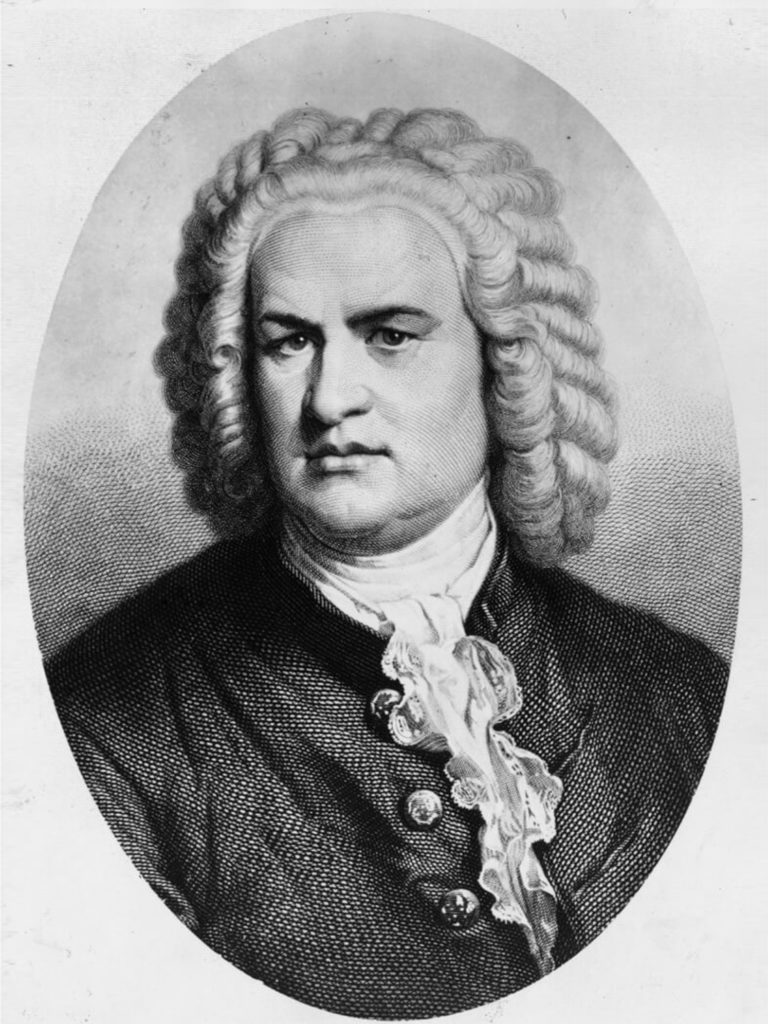
Birthday – Organist and composer Johann Sebastian Bach (1685-1750) was born in Eissenach, Germany. His output included thousands of compositions, many used in churches. Among his best-known works; The Brandenburg Concertos for orchestra, The Well-Tempered Clavier for keyboard, the St. John and St. Matthew passions, and the Mass in B Minor.
March 22
March 22, 1972 – The Equal Rights Amendment to the U.S. Constitution was passed by the U.S. Senate and then sent to the states for ratification. The ERA, as it became known, prohibited discrimination on the basis of gender, stating, “Equality of rights under the law shall not be denied or abridged by the United States or by any State on account of sex,” and that “the Congress shall have the power to enforce, by appropriate legislation, the provisions of this article.” Although 22 of the required 38 states quickly ratified the Amendment, opposition arose over concerns that women would be subject to the draft and combat duty, along with other legal concerns. The ERA eventually failed (by 3 states) to achieve ratification despite an extension of the deadline to June 1982.
March 23
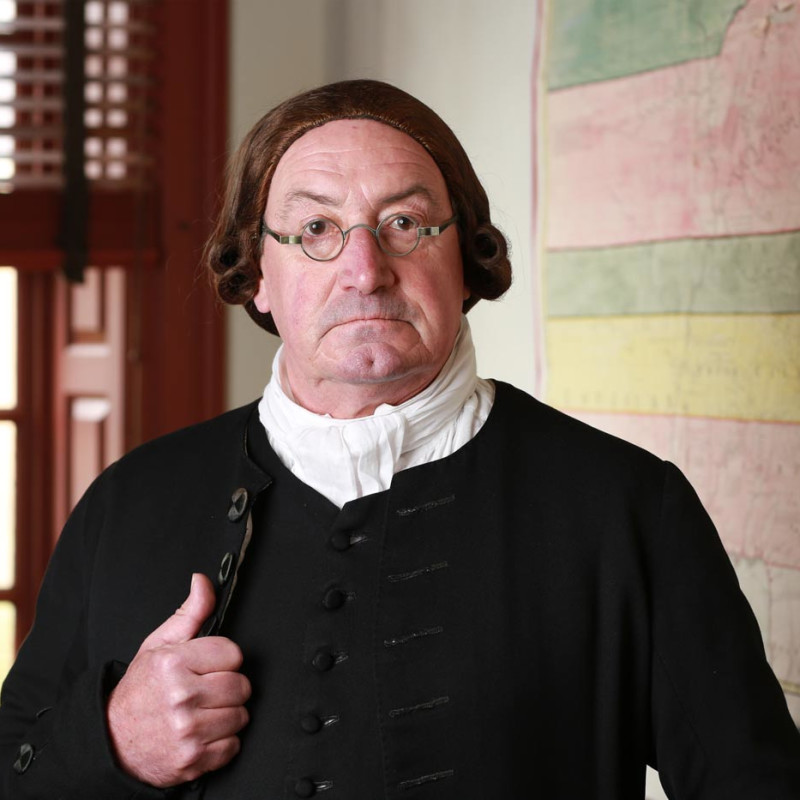
March 23, 1775 – Patrick Henry ignited the American Revolution with a speech before the Virginia convention in Richmond, stating, “I know not what course others may take; but as for me, give me liberty, or give me death!”
March 24
March 24, 1934 – The Philippine Islands in the South Pacific were granted independence by President Franklin D. Roosevelt after nearly 50 years of American control.
March 24, 1989 – One of the largest oil spills in U.S. history occurred as the oil tanker Exxon Valdez ran aground in Prince William Sound off Alaska, resulting in 11 million gallons of oil leaking into the natural habitat over a stretch of 45 miles.
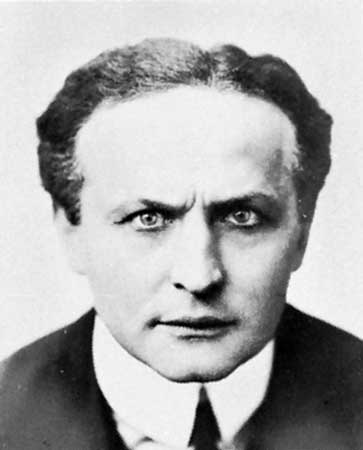
Birthday – Harry Houdini (1874-1926) was born (as Erik Weisz) in Budapest, Hungary. He came to the U.S. with his family as an infant and lived in New York City. He began as a Coney Island magician, then became a world-famous escape artist, known for escaping from chains, handcuffs, straightjackets, locked boxes and milk cans filled with water. He died on Halloween 1926 from a burst appendix and was buried in Queens, NY.





Be the first to comment